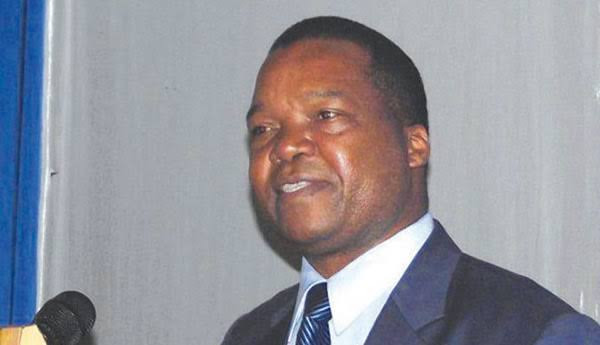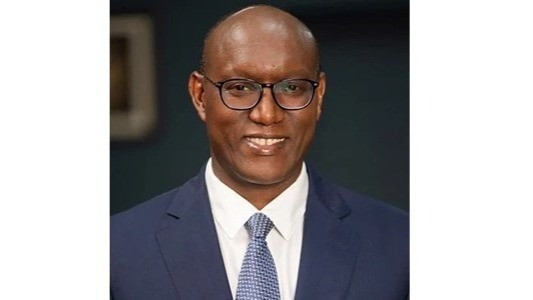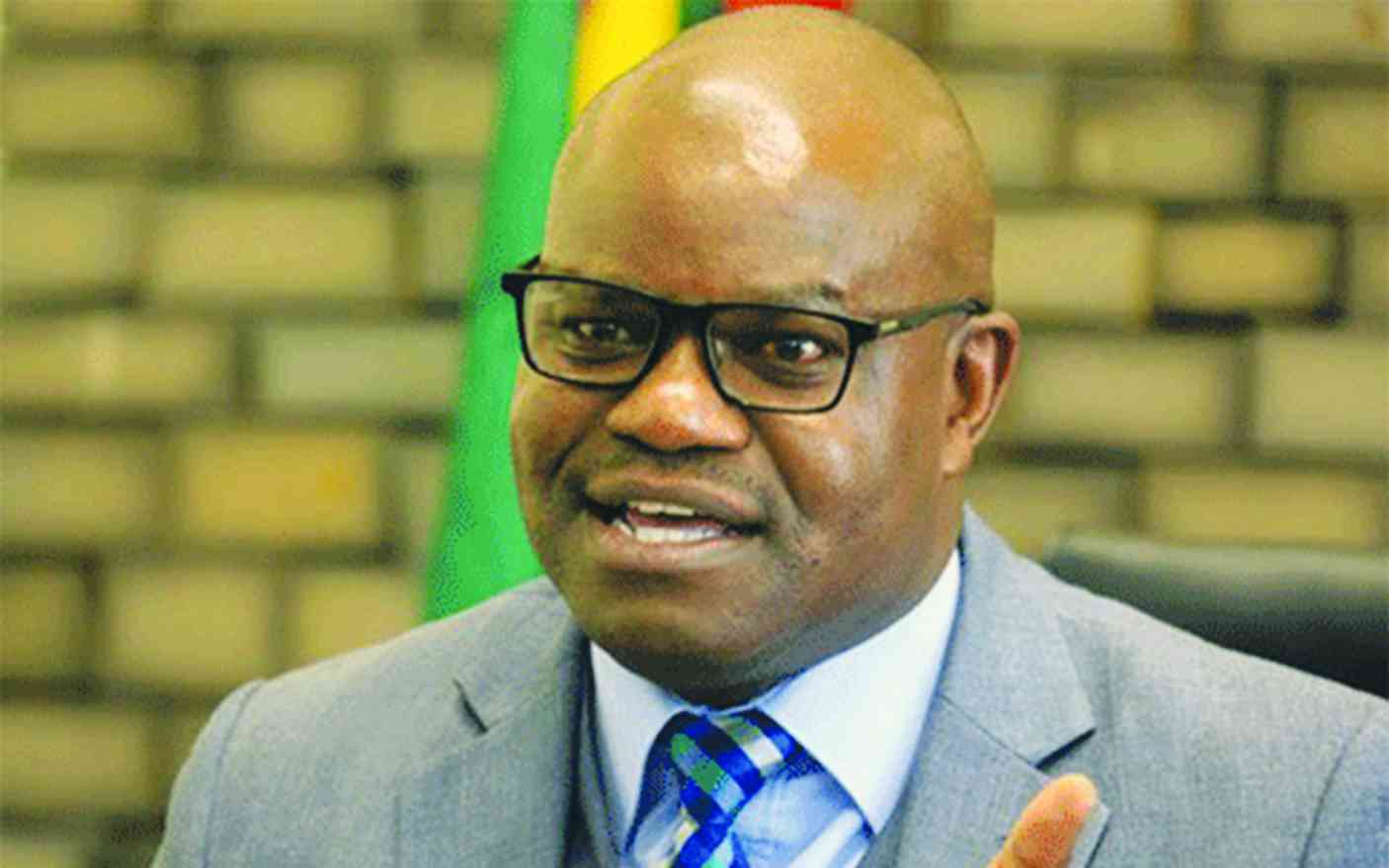
FORMER Reserve Bank of Zimbabwe (RBZ) governor John Mangudya has said that closing Africa's US$100 billion trade finance gap requires systemic reforms, not piecemeal solutions.
Speaking at the 2025 Afreximbank Annual Meetings (AAM2025) underway in Nigeria on Thursday, Mangudya warned that reliance on external funding models is unsustainable, urging African nations to prioritise domestic resource mobilisation, capital market development, and accelerated financial integration.
His remarks come as Fitch downgraded Afreximbank recently, citing rising credit risks—a move critics argue reflects structural biases in global rating agencies.
"Closing the finance gap is not an event; it's a process," said Mangudya, who is also chief executive officer of the Mutapa Investment Fund.
"A process that I truly believe institutions like Afreximbank, the Africa Finance Corporation, and the African Development Bank have been actively working to address.
"However, the gap remains enormous, and given its scale, all countries must contribute their efforts to ensure the trade finance gap is filled."
He said Africa should promote domestic resource mobilisation, as the continent was blessed with abundant natural resources.
"We need to leverage these assets effectively to allocate funds towards closing the trade finance gap. Second, we must encourage domestic savings through bonds and the development of capital markets," he said.
- MIHR petitions govt on Lubimbi relocations
- ‘Timely IMF boost saved Zim’
- In Full: Twelfth post-cabinet press briefing: May 10, 2022
- Blocked funds choke NMB
Keep Reading
"We need innovative funding mechanisms and must create them despite geopolitical challenges."
The former governor said financial inclusion must be prioritised, noting that financial inclusion rates across Africa remain low, particularly among underserved groups—women, youth, and rural communities.
"We must deepen Africa's capital markets. Currently, only a handful of countries, perhaps three to five, have strong, viable stock exchanges. We must expand this," Mangudya said.
"Why? Because robust capital markets attract investment. Regulators and governments must implement incentives—such as tax breaks—to encourage businesses to participate actively in these markets."
He highlighted the need to boost intra-African trade, citing the Pan-African Payment and Settlement System as critical infrastructure for the African Continental Free Trade Area.
"Such platforms enable value exchange through efficient payment systems. Today's discussion is vital—it centres on enhancing Africa's financial ecosystem and addressing its challenges," he said.
Mangudya called for accelerated integration, arguing Africa has too many overlapping financial and economic blocs.
"We need action, not just talk. The vision of an African Economic and Financial Union—where central banks harmonise policies and adopt continental financial instruments—must move from rhetoric to reality," he said.
"The time for an African-led solution is now. We must unite under the principle of 'Africa by Africans, for Africans' to finalise trade integration."
"Let's be clear—the global economic headwinds are fierce, and they will only grow harsher for those who delay."
AAM2025 is running under the theme Building the Future on Decades of Resilience.











